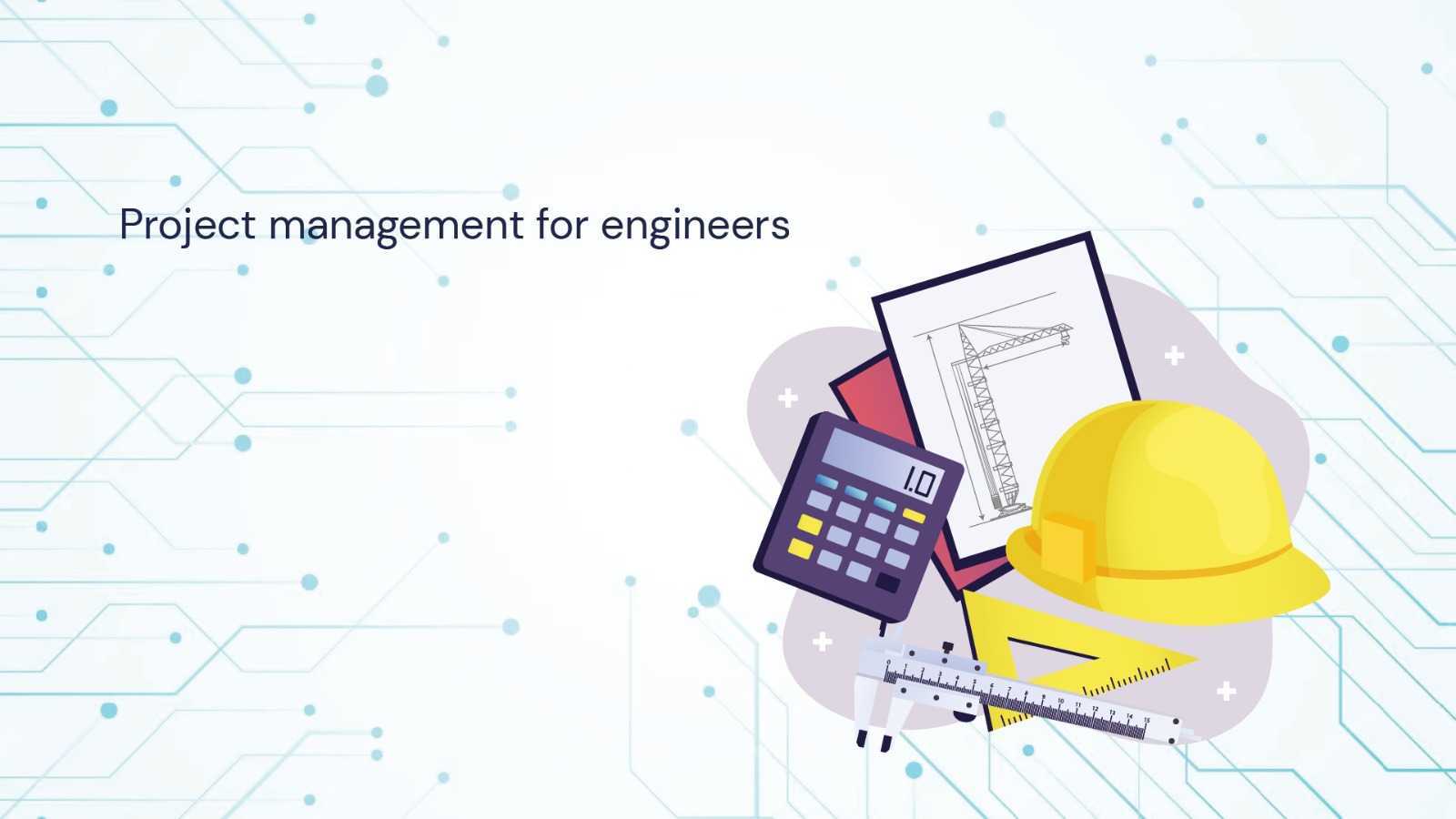Physical address:
573 Hutchinson Ln, Lewisville, TX 75077, USA.
Introduction
Project management is an important skill for engineers. It is important for engineers because it fills the gap between technical experts and effective execution. If you are developing a new product, improving the procedure or leading a team, the skill of managing projects can improve the results. In this blog we will understand project managing skills for engineers.
Understanding the basic project management for engineers
Project management includes initiating, planning, executing, observing and delivering projects. An engineering manager should have all these management skills in order to gain desired goals. For engineers it is complex to manage technical tasks and guarantee the project compilation on time. We will discuss its key component one by one:-
Project initiation
The project initiation is the first and foremost step in project management. Project initiation means to define the project clearly and understand its scope and determine the primary goals. Steps in this phase are:-
- Project charter:-
It is a document that defines the purpose of the project, its goal, stakeholders and big achievements. It acts as a reference point throughout the project. - Stakeholder identification:-
These steps determine all the parties included in the project. It includes team members, clients, suppliers and regulatory bodies. Determining stakeholders requirements and hopes is important for project alignment and success.
Project planning
Planning is the base of project management especially in the field of engineering for engineers where perfection and details are important. This phase includes making a detailed strategy that can guide the project team from start to finish. Its key steps included:-
- Scope management:-
Clearly defines what is included in the project and what is not. It helps to stop deviating from the original goal of the project. Deviating from the original goal of the project results in delays and budget overruns. - Time management:-
Creating a comprehensive schedule that determines the project timelines. It includes all tasks, goals and deadlines. Tools used for time management are Gantt Charts and Critical path method (CPM). - Resource allocation:-
Identifying the essential resources is also important for managing projects. It means planning the organized use of resources in an overall project. Resources include personnel, equipment and materials. - Risk management:-
Recognizing the risks, evaluating their influence and making plans to reduce the chance of loss.
Related Articles you may find interesting
Project Execution
Execution means to take action. In other words it means plans put into action. This phase needs strong collaboration and communication to guarantee that project activities can take off as planned. Its key steps are:-
- Team management:-
Team management means leading and maintaining the team to make sure effective collaboration and performance. This team management includes conflict resolution, motivation and skill development. - Communication:-
Keeping clear and constant communication with all stakeholders to keep them updated with progress, changes and issues. Regular status reports and meetings are important. - Quality assurance:-
Applying steps to control quality guarantees that the project meets its standard and specifications.
Project observation and control
Observing and controlling the ongoing processes guarantees that the project keeps on track. This phase includes navigating performance, managing changes and making necessary adjustments. Key steps of this phase are:-
- Performance measurement:-
With the help of key performance indicators (KPIs) and project metrics to evaluate progress against the plan. This helps in determining deviations and taking precise measurements. - Change management:-
Managing project changes, schedule or resources in a controlled method to prevent any disruption. This includes a change control procedure to analyze and approve changes. - Risk monitoring:-
Constant observation determines risk and analyzes the dangers. Adjust risk management strategies as required.
Project Closure
The closure project means the completion of the project. This phase includes finalizing all activities, delivering the project results and completing the remaining task. Its key steps are:-
- Project review:-
Organizing a thorough review of the project to analyze what goes good and what does not and why. This post project analysis helps in capturing lessons learned for future projects. - Documentation:-
This step includes making sure that all documents are completed and archived. It includes the final reports, contracts and technical documentation. - Stakeholders feedback:-
Collect feedback from stakeholders to assess their satisfaction and recognize the areas of improvement. - Celebration:-
Recognizing the team’s effort and achievements is important to boost their morale and keep them motivated for further projects.
Conclusion
Effective project management for engineers in engineering needs a mixture of technical expertise, strategic planning and strong leadership. By mastering these key components, engineers can locate complex projects with confidence. It ensures successful results and constant improvement.


